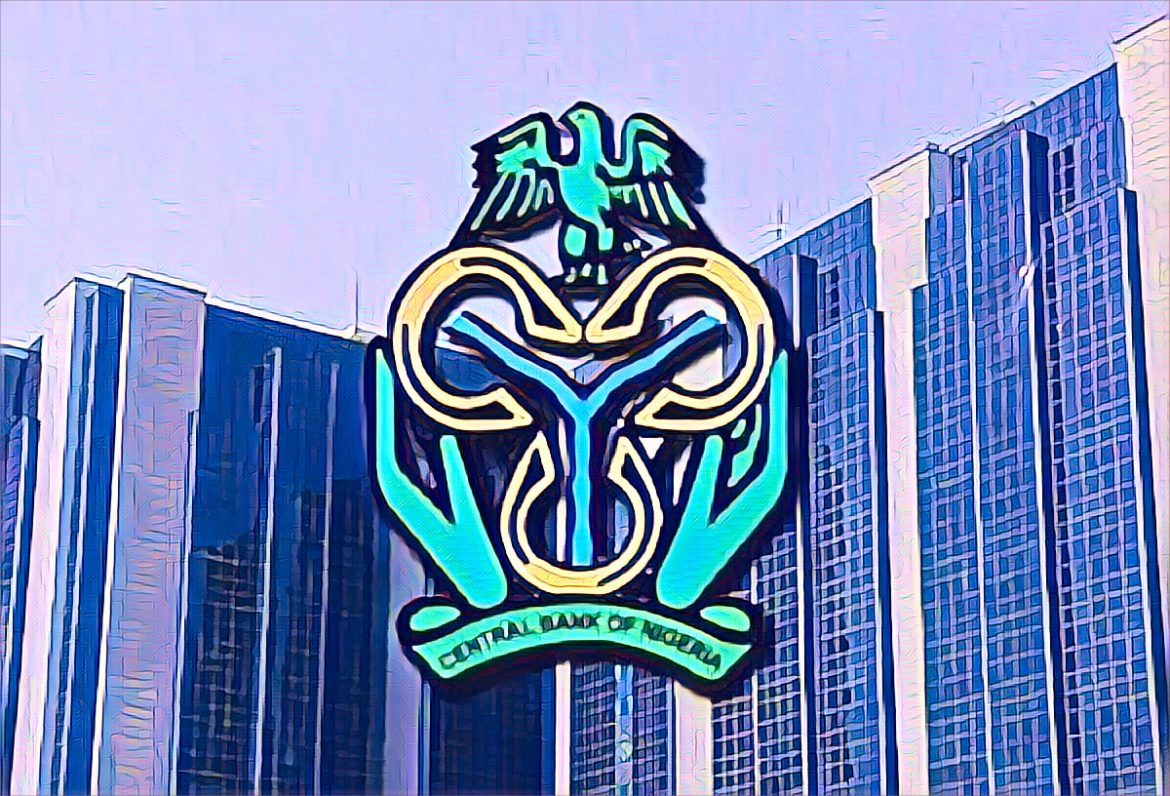KEY POINTS
- CBN’s interest rate hike negatively impacts Nigeria’s stock market performance.
- Higher borrowing costs prompt investors to move away from equities.
- The central bank’s strategy to tackle inflation has short-term consequences for stocks.
The Central Bank of Nigeria (CBN) has raised interest rates in a bid to control inflation, a move that has significantly impacted stock market performance. According to The Nigerian Stock Exchange, the hike in the monetary policy rate (MPR) has led to a decline in investor confidence and a drop in market activity.
Interest Rate Hike and Investor Sentiment
The CBN’s decision to increase interest rates aims to curb rising inflation, but the move has had an immediate effect on the stock market. With borrowing costs rising, investors are becoming more cautious, leading to a sell-off in equities. The hike in rates makes borrowing more expensive for businesses and individuals, which can result in lower corporate profits and reduced consumer spending, further dampening stock prices.
Analysts suggest that the interest rate increase may cause a shift in market dynamics, with investors moving their funds into safer assets such as government bonds or foreign currency holdings. This is particularly concerning for Nigeria’s already volatile stock market, which has seen fluctuating performance amid a challenging economic environment.
CBN’s Strategy to Fight Inflation
The CBN’s interest rate increase is part of its strategy to combat inflation, which has been eating into the purchasing power of Nigerians. Inflation has remained persistently high, driven by global factors such as the rising cost of goods and energy prices, as well as local challenges including supply chain disruptions. While the central bank’s efforts are aimed at stabilizing the economy, the stock market’s reaction highlights the complex relationship between monetary policy and investor behavior.
Some market experts, however, warn that the CBN’s approach could have long-term consequences for the Nigerian economy, especially if interest rates remain elevated for an extended period. While higher rates may eventually lead to lower inflation, the short-term effects could include slower economic growth and a further slowdown in the stock market.
As the effects of the interest rate hike unfold, market participants are closely monitoring whether the stock market can recover or if the downturn will continue. The outlook for the Nigerian stock market is uncertain, with many investors awaiting further signals from the CBN regarding future monetary policy adjustments.


